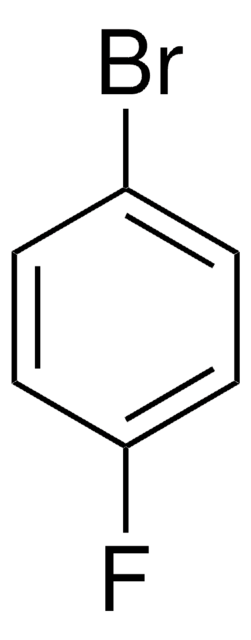357650
4-Chlorodiphenyl ether
99%
Synonyme(s) :
4-Chlorophenyl phenyl ether
About This Item
Produits recommandés
Niveau de qualité
Pureté
99%
Forme
liquid
Indice de réfraction
n20/D 1.587 (lit.)
Point d'ébullition
161-162 °C/19 mmHg (lit.)
Densité
1.193 g/mL at 25 °C (lit.)
Groupe fonctionnel
chloro
phenoxy
Chaîne SMILES
Clc1ccc(Oc2ccccc2)cc1
InChI
1S/C12H9ClO/c13-10-6-8-12(9-7-10)14-11-4-2-1-3-5-11/h1-9H
Clé InChI
PGPNJCAMHOJTEF-UHFFFAOYSA-N
Description générale
Application
Mention d'avertissement
Warning
Mentions de danger
Conseils de prudence
Classification des risques
Aquatic Acute 1 - Aquatic Chronic 1 - Eye Irrit. 2
Code de la classe de stockage
10 - Combustible liquids
Classe de danger pour l'eau (WGK)
WGK 3
Point d'éclair (°F)
>235.4 °F - closed cup
Point d'éclair (°C)
> 113.0 °C - closed cup
Faites votre choix parmi les versions les plus récentes :
Déjà en possession de ce produit ?
Retrouvez la documentation relative aux produits que vous avez récemment achetés dans la Bibliothèque de documents.
Notre équipe de scientifiques dispose d'une expérience dans tous les secteurs de la recherche, notamment en sciences de la vie, science des matériaux, synthèse chimique, chromatographie, analyse et dans de nombreux autres domaines..
Contacter notre Service technique

